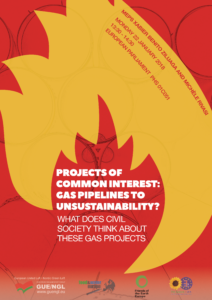 If you are around Brussels this month, you are more than welcome to participate in our event on 22 January, bringing the voices of anti-gas infrastructure activists to the European Parliament. The event will take place from 13:30-14:30 in room PHS 01C051.
If you are around Brussels this month, you are more than welcome to participate in our event on 22 January, bringing the voices of anti-gas infrastructure activists to the European Parliament. The event will take place from 13:30-14:30 in room PHS 01C051.
Why is Gas on the EU-Parliament’s Agenda this Month?
On the following day, Tuesday 23 January, the European Commission will talk to Members of Parliament about a new priority list for gas and electricity projects. Food & Water Europe followed the establishment of this list carefully and heavily criticises it because:
- It is too focused on fossil fuel (gas) infrastructure to the detriment of renewables.
- Support for subsidizing gas projects is not in line with the goals laid out in the Paris Climate Agreement.
- It is marked by conflicts of interest due to heavy industry involvement.
- It incentivises the misuse of public money for unneeded fossil fuel projects will end up as stranded assets.



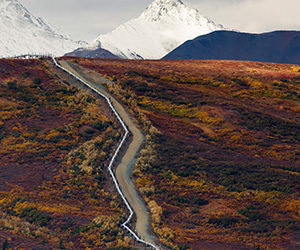
 The Mariner East 2 won’t carry “natural gas” for heating your house or operating a stove. It will transport highly volatile liquids that will mostly be shipped overseas to be turned into plastics by a giant chemical corporation with a terrible environmental record.
The Mariner East 2 won’t carry “natural gas” for heating your house or operating a stove. It will transport highly volatile liquids that will mostly be shipped overseas to be turned into plastics by a giant chemical corporation with a terrible environmental record.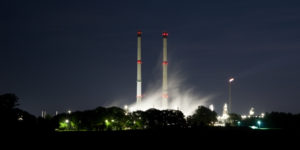
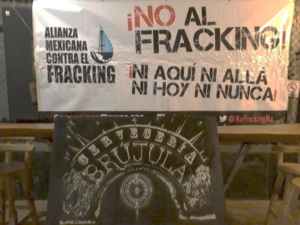 Mexico
Mexico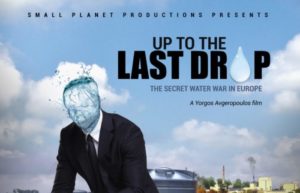 Water is a human right and a common good. But it is also one of the main focuses of transnational corporations that want to profit from this scarce resource. The struggle to defend public water is now exposed in the new documentary
Water is a human right and a common good. But it is also one of the main focuses of transnational corporations that want to profit from this scarce resource. The struggle to defend public water is now exposed in the new documentary